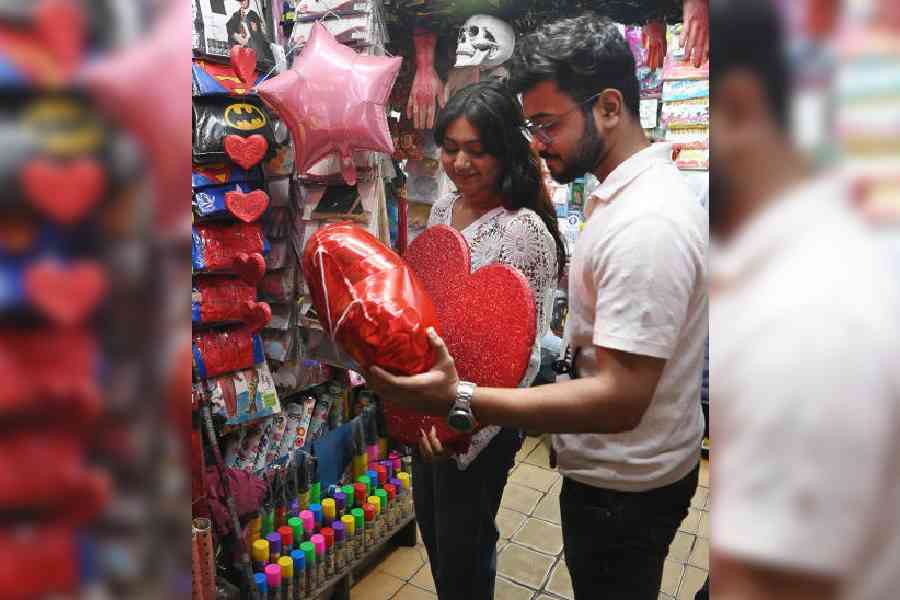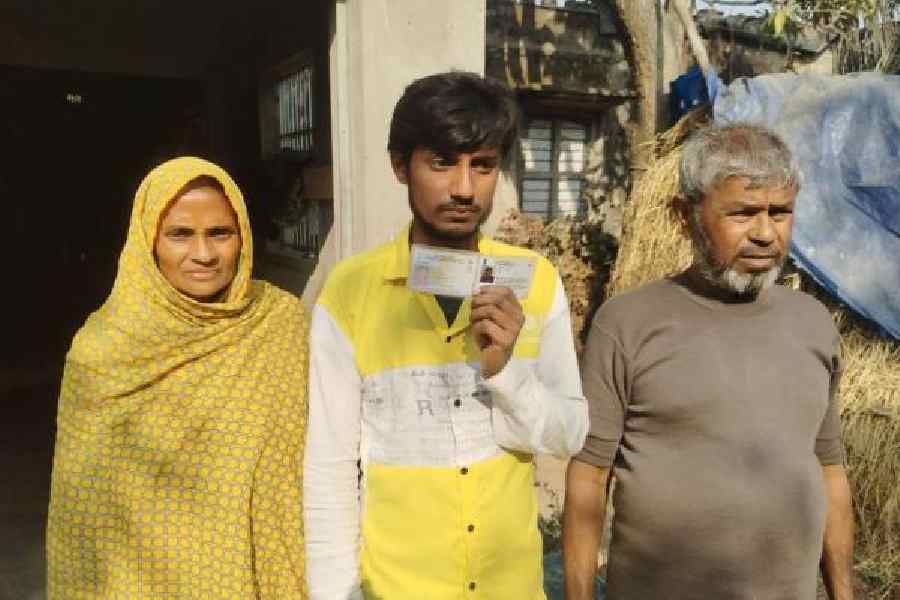Love is in the air this weekend and digital scammers are ready to practise the art of seducing cash away from lovebirds. Here’s how they can play with your heartstrings.
Romance schemes
If you plan to play Leonard Cohen’s Dance Me to the End of Love on a loop, don’t reply to a message like: “We’ve never met, but let’s talk about love.”
That’s a red flag for a romance scam. It comes in the form of malicious texts, emails and social media posts.
For all you know, it can be from scammers, sitting in a remote corner, extending “No-shave November” into February. They send messages to many targets at once in what’s known as a “spray and pray scheme” to initiate contact.
They are looking for a response to build trust over a period of time before asking for money or suggesting a fraudulent investment opportunity. And these can be the most expensive “scam chocolates” you would ever purchase.
Meta, which owns the popular social media platforms Facebook and Instagram, recently joined the Safer Internet India coalition that brings together digital service providers, telecom companies, fintech players and civil society organisations to address “emerging online challenges and promote user safety”.
In Facebook Messenger, there is the “Safety Notices” option to caution you when you’re chatting with someone whose account shows signals of suspicious activity, and who may be based in a different country. On WhatsApp, people can silence calls from unknown callers to prevent unwanted contact, including from potential scammers.
Last year, Meta tackled “romance scams” by taking down over 408,000 accounts in Nigeria, Côte d’Ivoire, Ghana, Benin and Cameroon. They posed as military personnel or businessmen trying to trick people in Australia, the UK, the EU, the US, South Korea, Syria, Japan and Ukraine into engaging with them.
Meta said this year they have detected and removed over 116,000 pages and accounts on Facebook and Instagram, primarily in Nigeria, Ghana, Côte D’Ivoire, Benin, Kenya and Cameroon, engaged in similar activity.
AI ‘dating concierges’
Even artificial intelligence is trying to “fix” our dating lives. Some executives in the dating app industry are pitching a future in which people can create AI clones of themselves that date other clones and communicate the results back to their human counterparts. It’s more like what Whitney Wolfe Herd, the founder of the dating app Bumble, calls “dating concierges”.
A new McAfee India research points to a rise in AI-driven romance scams, fraudulent dating apps and deepfake deception.
Going by the research, 61 per cent think it’s possible for people to develop romantic feelings for an AI chatbot and 51 per cent have reported that they or someone they know have been approached by an AI chatbot posing as a real person on a dating platform or social media.
How do you protect yourself from a romantic “scamiverse”? Be careful while accepting “fraaandship karoge” requests from “fake profiles” that look AI-generated.
Beware of unknown people bearing messages of love. Reverse image search profile pictures and check social media activity to confirm if they are who they claim to be. Also, protect personal information because scammers use details like birthdays or pet names to guess passwords and commit identity theft. Don’t send money or gifts to people you meet online.










